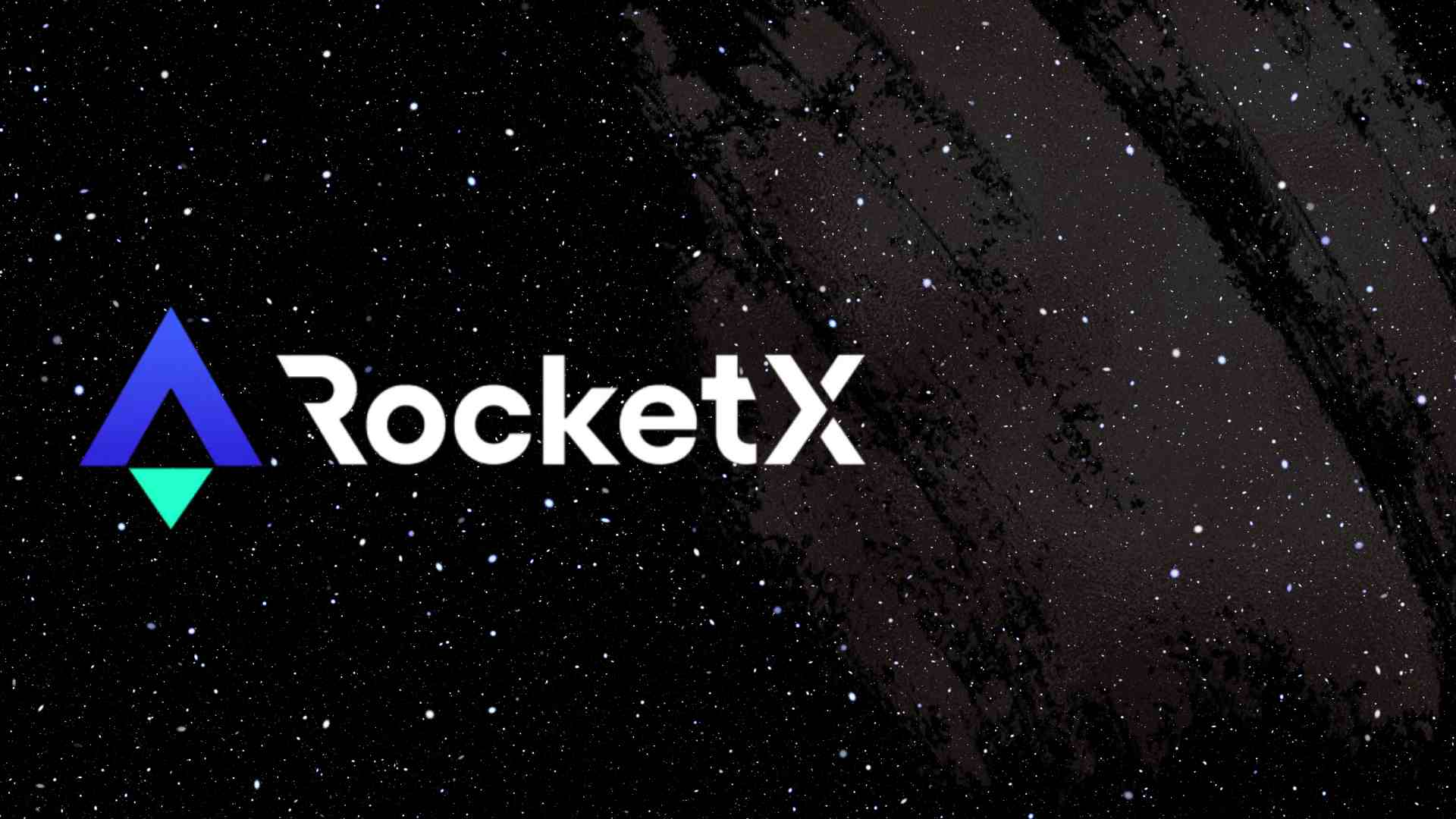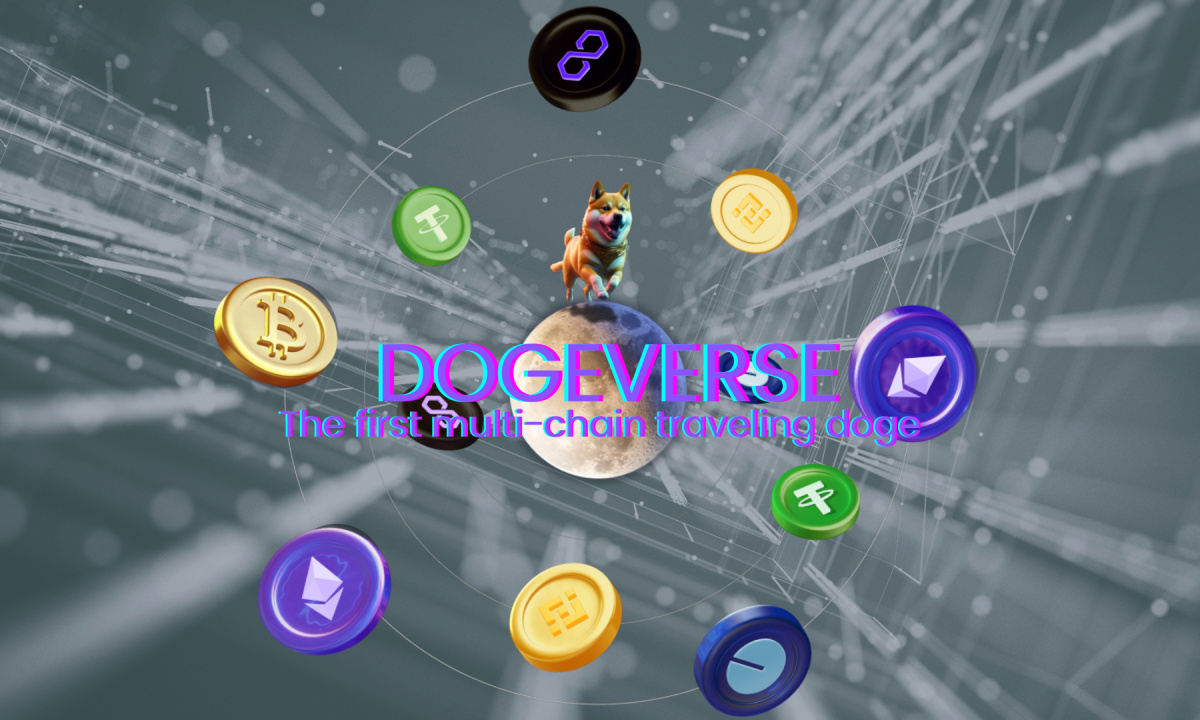Source: Depositphotos
The recent collapse of the FTX exchange caused thousands of crypto users to lose millions of dollars in value, and did untold damage to the wider cryptocurrency ecosystem. But it wasn’t crypto itself that was at fault, but rather the centralized nature of FTX’s business model.
That’s the message Bitcoin.com is aiming to get across with its latest initiative, the CEX Education Program, which was announced at the weekend. Moreover, to encourage users to move away from centralized platforms and adopt self-custody of their crypto assets, it’s offering anyone who lost money at FTX, or other platforms that collapsed recently - such as BlockFi, Voyager and Celsius - some compensation in the form of its own VERSE token.
While Bitcoin.com obviously can’t cover everyone’s losses, it’s hoped that the VERSE tokens will at least provide some relief. Most of all, it’s hoped that the handout will encourage users to take full custody of their crypto assets in future, and prevent the kind of painful losses experienced by FTX’s users from happening again.
The collapse of FTX was one of the most painful episodes in crypto’s long and turbulent history. It’s not clear exactly how many victims there are or how much people are owed, but the most recent reports suggest that FTX owes its biggest creditors more than $3.1 billion. Unfortunately those users are unlikely to recover everything they have lost. It has been widely reported that FTX’s management was guilty of recklessly mismanaging its users funds, and millions of dollars have likely been lost on poor investments.
It was the centralized nature of FTX that made this possible. Despite being focused on cryptocurrency, FTX’s business model was really no different from that of traditional banks. It was in the business of making money, and its dealings were completely opaque. Users who deposited money in FTX were essentially giving them full control over their funds, as the exchange held the private keys to their wallets. When it came to the crunch, FTX simply didn’t have enough funds on hand to pay everyone back when rumors of its lack of liquidity surfaced. It was forced to declare bankruptcy as a result. Dennis Jarvis, CEO of Bitcoin.com, spelled out the dangers of trusting centralized platforms. “Lack of transparency in the centralized model, whether it be in crypto or tradfi, is an enabler for the gross mismanagement of customer funds and, in some cases, blatant fraud,” he said.
The CEO explained that while centralized platforms like FTX masquerade as crypto companies, their main focus is on separating users from their crypto assets. The model goes against the entire ethos of crypto, he said, which is all about empowering people to take control of their financial assets.
“The CEX Education Program is an effort to provide the incentives needed to encourage the transition away from risky centralized exchanges to self-custody, where the real benefits of this technology lie,” Jarvis said.
The CEX Education Program aims to educate people about the need for self-custody of their crypto assets. It encourages users to adopt a non-custodial wallet, such as Bitcoin.com’s Wallet, which allows users to control their private keys. So long as users have the private key in their possession, they’ll always be able to access their crypto holdings, even if their existing wallet becomes inaccessible. They can simply use another wallet, enter the private key, and their tokens will be available there instead.
To incentivize users to take back control, Bitcoin.com is inviting victims of FTX and other platforms to sign up at getverse.com and receive a free reward in the shape of VERSE tokens. VERSE is the utility token for the Bitcoin.com ecosystem, and provides holders with a way to earn additional rewards for holding, buying, selling, trading and using cryptocurrency, and also vote on matters of governance.
Bitcoin.com said it is dedicating 5% of the total supply of VERSE to the CEX Education Program. The rewards will become available in December when the token launches.
Jarvis said the FTX episode was extremely unfortunate due to the damage done to the crypto industry. He said many users who got burned will likely leave the crypto space for good, while others who were on the sidelines will likely stay away for good.
“That's a real shame because decentralized finance is a force for good,” Jarvis promised. “Bitcoin.com has decided to do something about this situation that will extend some sort of recompense, promote the foundational tenets of self-custody and DeFi, and help build back this industry stronger than ever.”
Hopefully, Jarvis’s message will not fall on deaf ears. Bitcoin.com is one of the largest crypto ecosystems in the business, with more than 35 million registered Bitcoin.com wallets across five blockchains, including Bitcoin, Ethereum, Avalanche and Polygon.
Disclaimer: This article is provided for informational purposes only. It is not offered or intended to be used as legal, tax, investment, financial, or other advice
Investment Disclaimer













